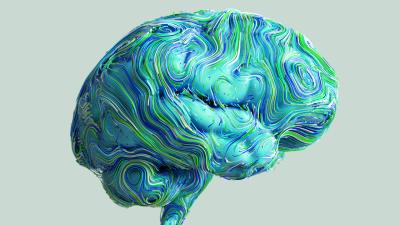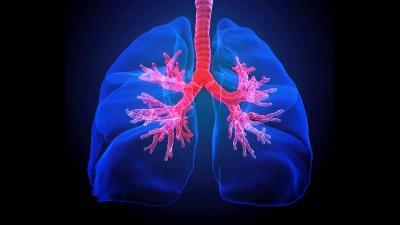Coronavirus Crisis Has Revealed Wayne State University’s Fixation on Cruel, Useless Dog Experiments

The ongoing COVID-19 crisis has many of us appreciating the people who risk their health to provide essential services, like medical care, grocery stores, or trash collection
But the president of Wayne State University in Detroit seems to think that it was essential to continue invasive, painful heart failure experiments on dogs as the rest of Michigan adhered to Gov. Gretchen Whitmer’s stay-at-home order. Dr. M. Roy Wilson’s negligence jeopardized workers’ health simply to generate a few new lines of data for a research project that has failed to benefit human patients in the 29 years since it started. That’s why the Physicians Committee for Responsible Medicine and Michigan-based Attorneys for Animals filed a complaint in April against Wayne State with the Michigan Attorney General and Wayne County Prosecutor.
Gov. Whitmer’s original March 24 executive order was designed to “prohibit in-person work that is not necessary to sustain or protect life,” and subsequent executive orders used identical language. Under any reasonable interpretation of the orders, it’s clear that the experiments at Wayne State were not sustaining or protecting life. To the contrary, since 1991, the experiments have failed to translate to any improvements in the prevention or treatment of cardiovascular disease in human patients.
On April 2, Wilson informed the Physicians Committee that three dogs were currently “instrumented”—a euphemism for the numerous devices that have been stabbed into their hearts and surgically implanted near major blood vessels. He also wrote that these dogs “are completing their studies,” which means they are forced to run on treadmills while heart failure and/or hypertension are induced. Even when they are not running, the dogs often have their hearts artificially paced at more than twice the upper normal rate using the implanted devices. University employees had to spend considerably more time on site to conduct these experiments, which means potentially increased exposure to the virus that has done so much damage in Detroit.
There’s no doubt that money plays a major role in Dr. Wilson’s decision. Over almost three decades, Wayne State has received more than $12 million from the National Institutes of Health (NIH) for these studies. NIH’s latest check, in the amount of $408,447, was written on March 30, just days before Dr. Wilson insisted that the experiments would continue.
Money appears to be the only thing keeping these useless experiments going—after all, it’s impossible to justify them based on results because there have been none, and NIH knows this. In 2014, the agency wrote that its grant reviewers “concluded that the study would provide valuable information.” At that point, NIH had been funding the project or related projects by the same experimenter for more than two decades, and yet they spoke only of the project’s potential. But we can see now that no “valuable information” is going to materialize.
A 2019 public poll revealed that 70% of Michiganders either somewhat or strongly oppose experiments on dogs that could cause them pain. Similarly, 66% of respondents oppose the use of taxpayer money to fund experiments on dogs in Michigan. But it’s fair to assume that an even higher percentage would oppose what Wayne State recently did: subjecting dogs to painful and fatal experiments while also endangering the well-being of its employees.
On May 15, Gov. Whitmer issued a new order that allows laboratory research to resume, which means Wayne State is now legally in the clear. That means the state-level legislation introduced in 2019 by Rep. Sara Cambensy, which would outlaw invasive experiments on dogs at public universities, is more important than ever. Please visit EndDogExperiments.org to learn more about the bill and how you can help.







